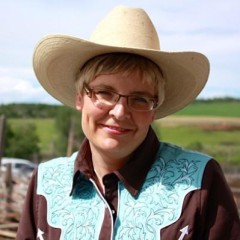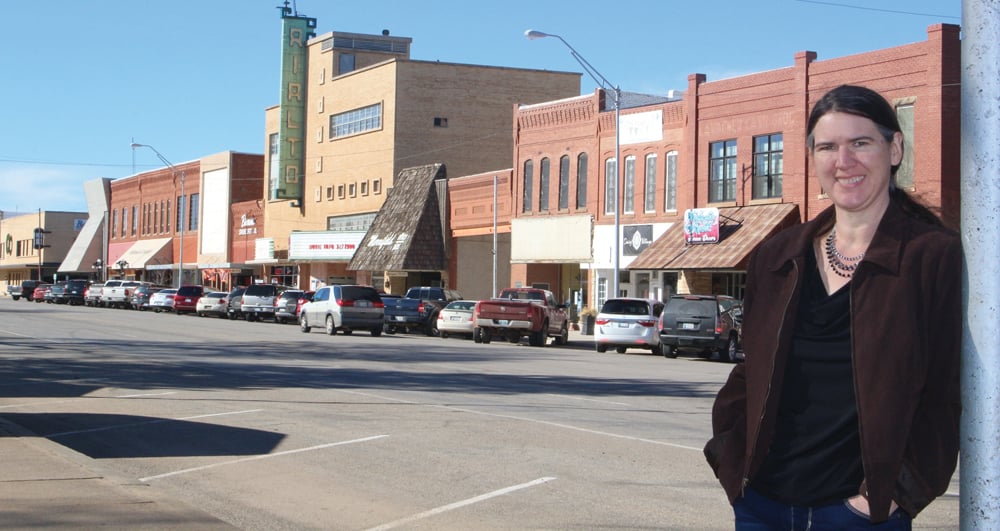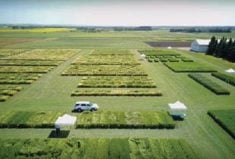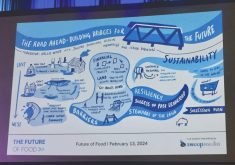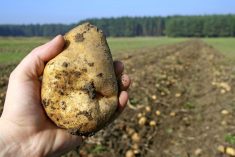Imagine your rural town with bustling streets, thriving businesses, and growing numbers in the local school.
Sound a little far fetched? Especially as you look around and see no signs of any such vision?
But peer closely into the future — there’s a good chance your rural town could one day have a whole lot of “cool” going on if it’s open to new ideas, says Becky McCray.
McCray is a business owner who calls herself a ‘serial entrepreneur,’ and she knows small towns, because her’s is Hopeton, Oklahoma, population 30. She and husband Joe run the liquor store in nearby Alva, as well as a cattle ranch, and she’s also been a town administrator, teacher, and antiques dealer.
Read Also
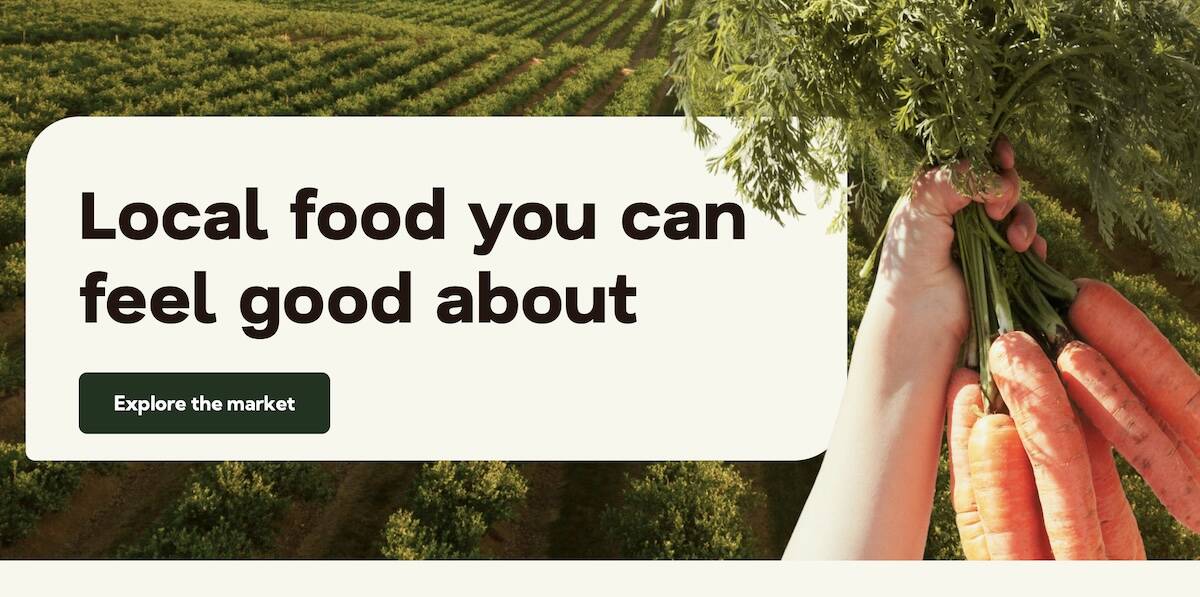
Taking the farmers’ market online
Two Albertans, who have a cow-calf operation near McRae, had the idea to create Arvo, an online farmers’ market, after being unable to find beef from within their own community.
These days she’s on the road plenty, talking about big ideas for small towns and trends they can seize on.
“In every town that I have talked to, there is more business going on than people realize,” she said at a presentation at FarmTech earlier this year.
Forget the headlines outlining the struggles rural settlements face, she told her audience. Small towns have a future and always will have because they play a key role in three areas: food, resources, and conservation.
Food happens in rural areas, along with natural resources such as energy, timber and mining, and they’re also the “wild places” for recreation and nature. Plus, they “grow good people,” she said. Although the future might not be rosy for every town, those that are open to new ideas, share common values, and invite newcomers into leadership and decision-making will thrive in the future, she said.
However, small towns too often get stuck in the past or fail to think long term, which McCray said should be the next 10 to 30 years.
But those wanting to revitalize their town should also look at what’s happening right now. McCray pointed to cellphones, the growing availability of high-speed Internet in rural areas, e-commerce (particularly low-cost global shipping networks), and the ability of people to work remotely.
All of these contribute to the “declining cost of distance” — a trend she predicted will remake society over the next 30 years.
In fact, it’s already well along — hence her comment that there is more business taking place in or near small towns than people realize.
“There are people making their living off their laptop that nobody knew they were there,” she said.
There’s even a name for it now — ‘rural sourcing.’
Gone are the “city limits” that used to force rural residents to move to the big city, said McCray, citing a person she knows who runs a tech company from a basement in rural Kansas and has employees located around the world.
She also discussed a very interesting projection for retail trends that’s been dubbed ‘the big split,’ which predicts the surge in online shopping will intensify and yet also create a buying-local renaissance. Research has found that consumers want to connect with a real person when buying goods that matter a lot to them. Big-box stores are already responding to this trend, opening outlets with smaller footprints and creating a “pretend downtown” atmosphere or a “small-town feel” to enhance the shopping experience.
This opens a door to new retail opportunities — essentially reversing a decades’ old trend. These days, people are going to small towns to get a shopping experience that’s not available in the city, said McCray. It’s something already showing up in tourism, she said — people want to find places off the beaten path and, when they do, they eagerly recommend them to friends and family.
“Travel motivations are interesting because what makes people travel is also the same thing that can make people relocate,” she said. “If they think it’s a nice place to visit, they’ll think it’s a nice place to live.
“There’s been a real uprise in visiting to small towns. People want an authentic, local ‘mom and pop’ experience. That’s a small town. We definitely have that.”
McCray sees exciting things happening as more people seek the lifestyle offered by small towns.
“It’s no longer just about ‘bigger is better’ and ‘money is everything,’” she said. “Sometimes an experience is worth a lot more to us than any ‘thing’ that we can purchase.
“Those trends that we see changing in society lead people to realize their values really align with rural values.”

